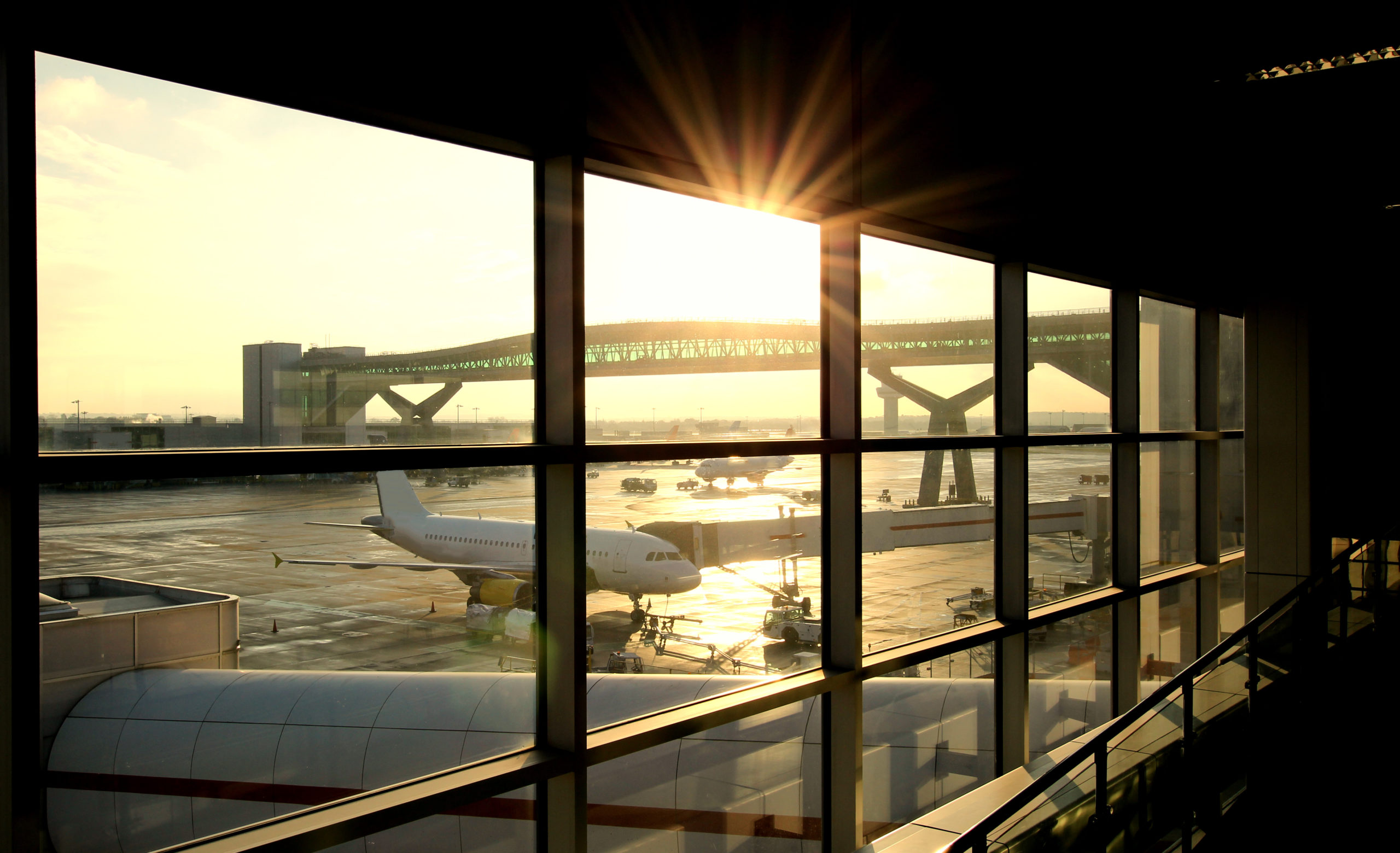Nationalisation of Airlines Could Lead to Political-economic Transformation – If the Left Can Get Organised
by Grace Blakeley
11 June 2020

As the Covid-19 pandemic escalates, capitalist states are becoming increasingly engaged in economic planning.
From central banks pumping trillions of dollars into their financial and corporate sectors, to states nationalising troubled corporations, the line between ‘state’ and ‘market’ – constructed by the liberal political economy – is now thinner than ever.
Suggestions that greater levels of state intervention will automatically deliver socialism must be dismissed. Capitalist states cannot simply transform themselves into socialist ones through a few strategic nationalisations.
At best, we may see a revival of some social democratic methods of economic management used in the post-war period. Much more likely, however, will be the emergence of a nationalist-corporatist model of economic management that combines limited state support to politically active sections of the electorate with handouts for the rich and powerful.
Inevitably, each successive adaption to crisis generates new fissures and contradictions, of which socialists can take advantage if we are sufficiently well-organised. One such fissure can be detected in the growing politicisation of economic activity.
Full nationalisation.
Capitalist states seeking to save domestic enterprises from the consequences of the drastic slowdown in the circulation of money, people and commodities that has resulted from the ‘Great Lockdown’ have lent billions of pounds to these businesses, occasionally taking equity stakes in them.
The airline industry has been one of the worst-hit sectors by the pandemic. It’s also of strategic importance to states that wish to retain links with global markets for labour, goods, services and capital. As a result, airlines – many of which were set up by states in the post-war period before being privatised in the 1980s and 1990s – are some of the first companies to be fully nationalised as a result of the pandemic.
In Germany, after entering into talks with struggling national carrier Lufthansa, the government has now stated its willingness to nationalise both Lufthansa and Condor.
The French government, which is already a shareholder in Air France-KLM, is currently in talks with Air France about a possible full nationalisation of the company.
Italy has already taken full control over Alitalia. And with airlines like British Airways, Singapore Airlines and Cathay Pacific all having been forced to ground more than 90% of their fleets, more nationalisations are likely to follow.
In undertaking these nationalisations, states are seeking to protect jobs and domestic businesses so that capital accumulation can restart quickly when the pandemic ends and companies can be re-privatised.
But the nationalisation process may not be as simple as policymakers currently believe.
Exposing the lie.
Companies that have received state support during the pandemic will face a PR nightmare if they engage in common profit-maximising strategies like tax avoidance, union-busting or mass layoffs.
Many campaigners are already demanding that states enforce rigorous environmental standards on nationalised airlines. These businesses may find themselves much more constrained – whether through regulation or public opinion – when the pandemic is over.
Far more importantly, however, state action aimed at protecting domestic businesses will serve to undermine the ideology that keeps liberal capitalism functioning: the idea that there is a clear separation between ‘the economy’ and politics.
The theory that certain issues lie in the realm of ‘economics’ and others in the realm of ‘politics’ is an ideological fiction that has been used to ease the tensions that mark the relationship between capitalism and democracy since the advent of universal suffrage.
Liberal theorists, worried that the people would demand radical measures to curb inequality, socialise the economy and democratise state institutions, have simply argued that these topics are not appropriate for public debate and should instead be the preserve of so-called economic experts.
By arguing that the economic is separate from the political, and by placing economic decision making in technocratic silos out of popular control, the ruling classes have largely prevented working people from making these radical economic demands.
Yet this separation will be far harder to maintain as state intervention expands during the pandemic. People will begin to demand that the state uses its control over key businesses to expand employment, reduce inequality and promote environmental sustainability. If these demands are successful, far from retreating, pressure for much more radical measures will mount even further.
The potential for transformation.
In most capitalist economies marked by extensive state control of industry, the political system tends to be authoritarian – or at least illiberal.
Autocracy is often necessary to maintain the fragile balance of power between labour and capital in the context of high levels of state intervention. A drift towards authoritarianism is one possible outcome of the coronavirus pandemic and is clearly underway in states like the US.
If, however, socialists are able to organise more successfully today than they did in the wake of the financial crisis, the recovery from the pandemic could also be a time of radical political-economic transformation and working class empowerment.
Moreover, a socialist movement able to gain state power after a swathe of nationalisations had already taken place would be in a far more advantageous position than one entering government after a decade of privatisation.
Capitalist states are already being forced to adapt in the face of one of the most significant crises to hit the global economy in centuries. Socialists must adapt faster.
Grace Blakeley is an economics commentator and author of Stolen: How to Save the World from Financialisation.